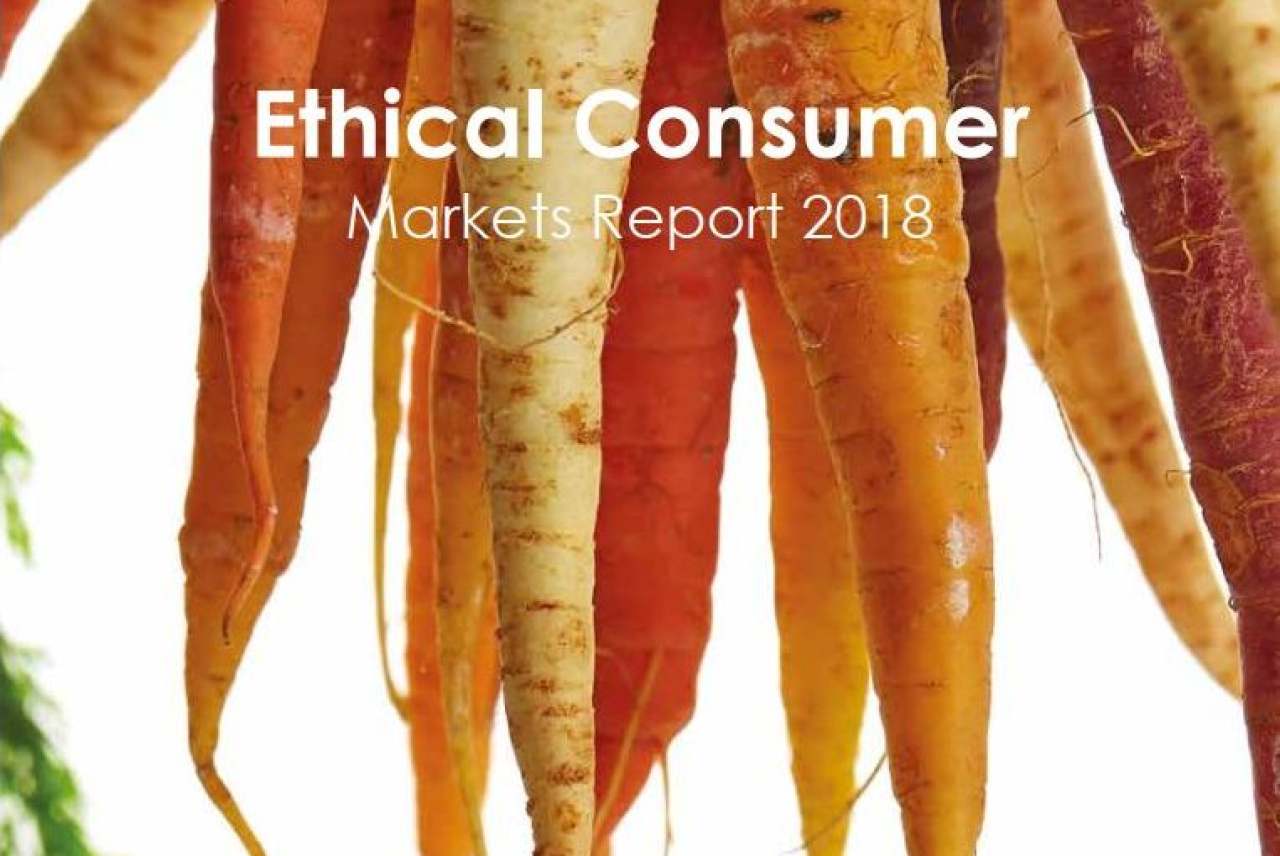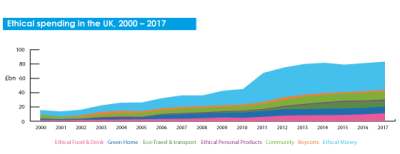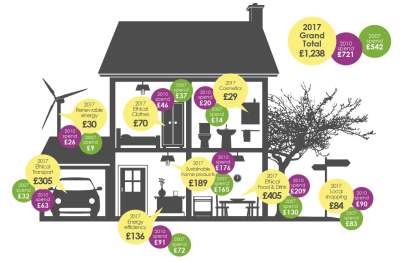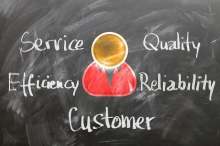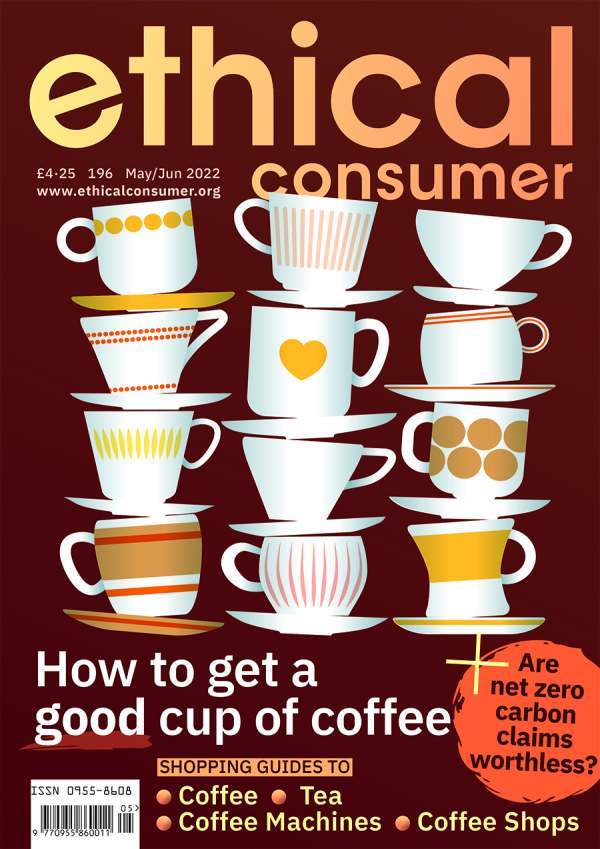What’s the impact?
The impact of such changes on the market as a whole are apparent. If the decline in solar panel sales and energy-efficient cars is excluded, growth in ethical spending looks healthy at 5.5%.
Over the years, the Markets Report has repeatedly shown the significant impact that government measures can have on ethical spending. The solar panel market boomed after the government introduced Feed-In Tariffs in 2010, before declining when they were curtailed in 2012, prior to being cut last year. Similarly, steady growth in energy-efficient boilers and household appliances has been backed by government legislation setting efficiency standards.
Indeed, since the EU began its phase out of halogen lightbulbs in 2016, sales of more energy-efficient options have increased significantly. The energy-efficient lightbulb market grew 42.9% in 2016 and 23.8% in 2017, as more and more consumers turned to LED bulbs, ahead of the 2018 EU Ban.
The 2018 Markets Report, therefore, shows that government legislation has the power to control green markets at a time when the cost of unsustainable purchases is increasingly known.
Rob Harrison says, "At a time when the cost of unsustainable purchases is increasingly known, we hope that the government will act to support consumers who despite living through an extended period of austerity, and continued future uncertainty, are increasingly making every day purchases as ethically as possible. These big ticket items like cars and solar panels clearly still need the support of government to help consumers who want to play their part in a more sustainable way of life in the UK.”
Read the full Ethical Consumer Markets Report 2018 >
